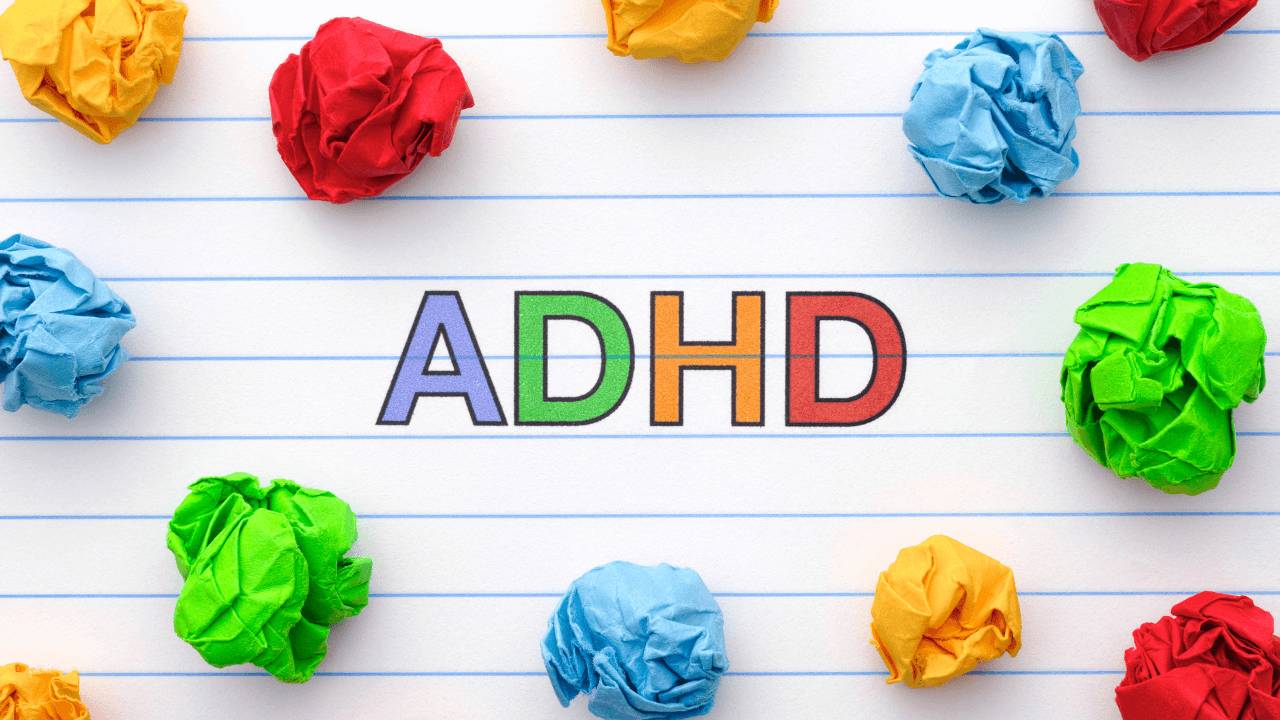Afterschool Meltdowns: Why They Happen & How to Prevent Them
Oct 05, 2024
We’ve all been there, right? You pick up your child from school, expecting maybe a smile, a quick rundown of their day, and instead—you get an afterschool meltdown. I used to think it was just one of those "rough days," but the truth is, there's more going on beneath the surface. Let me break it down.
Our executive function skills are like a gas tank. Just like how your car runs out of fuel after a long drive, your child’s brain runs out of its “executive function fuel” after a full day at school. From following directions, handling emotions, navigating social interactions, and problem-solving, all of this drains that tank. And by the time they hop into your car, that tank is likely running on empty, leading to those emotional afterschool meltdowns.
As parents, it’s natural to want to check in and ask how their day went, hoping for a bit of connection. But here’s where we have to pause.
Why You Shouldn’t Ask “How Was Your Day?”
I get it. The first thing we want to do as parents is check in with our kids. “How was your day?” seems like a simple question, but here’s why it can backfire: answering requires more executive function! After a long day of learning and socializing, asking them to summarize their day is like asking them to run a marathon when they’ve already spent their last drop of energy.
Instead, greet them with something low-pressure like, “I’m so glad to see you” or “I’m happy you’re home.” This helps them feel connected and safe without requiring them to dig into their already depleted mental energy reserves, helping to prevent emotional overload.
How to Refuel Their Executive Function Tank After School
So, how can we help our kids refuel their executive function? Science shows that creating a calm, supportive space after school is essential. Instead of bombarding them with questions, give them time to decompress. Here are a few simple strategies that really help:
-
Give Them Some Quiet Time: After a busy day, their brain needs some downtime. Whether it’s a few minutes of silence in the car or allowing them to listen to their favorite music, quiet time helps their brain recharge.
-
Offer a Snack: Let’s be real, hanger is real for adults and kids! A healthy snack can do wonders to refuel their brain and body, making it easier for them to process their emotions and avoid afterschool meltdowns.
-
Avoid Immediate Demands: This isn’t the best time to start on homework or talk about responsibilities. Let them unwind for a bit before jumping into any tasks.
-
Be Available Without Pressure: Kids often open up when there’s no pressure to talk. Just being there, doing something together like cooking or a quiet activity, can create a moment where they start sharing naturally. This can prevent those overwhelming afterschool moments.
Timing Is Key: Preventing Afterschool Meltdowns
By waiting until they’ve had some time to recharge before diving into how their day went, you’re giving them a chance to process everything they’ve experienced. Once they’re ready, you’ll find that they’ll share more on their own terms, and the afterschool meltdowns will become less frequent.
Remember, it’s not about what they say when they hop into the car—it’s about how we help them refuel their executive function tank so they can manage their emotions and feel supported. And trust me, it makes all the difference in helping prevent afterschool meltdowns.



